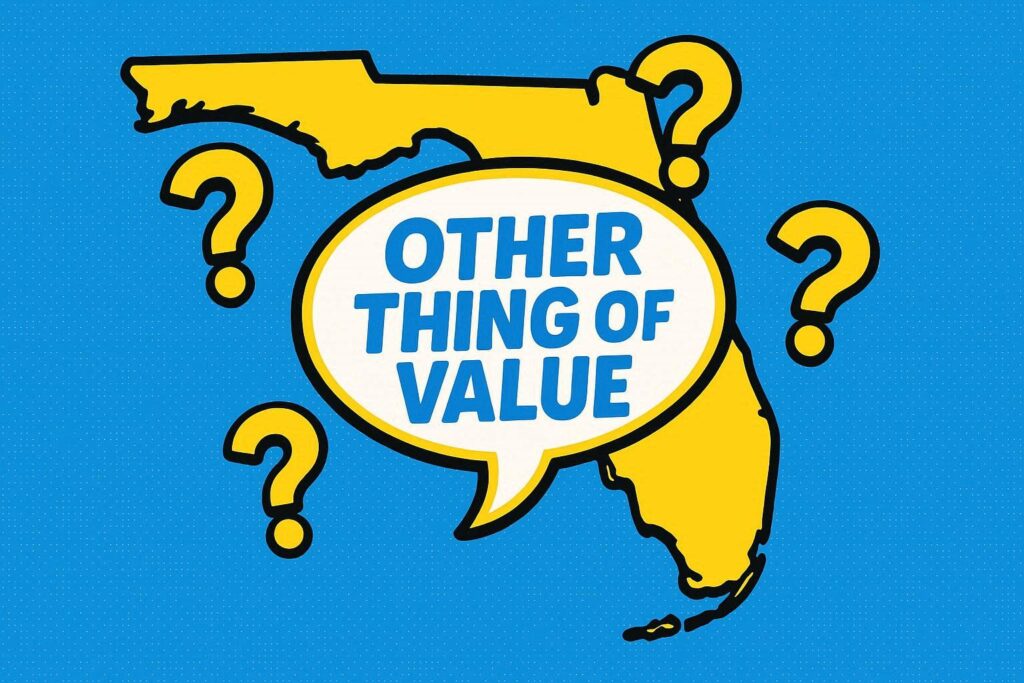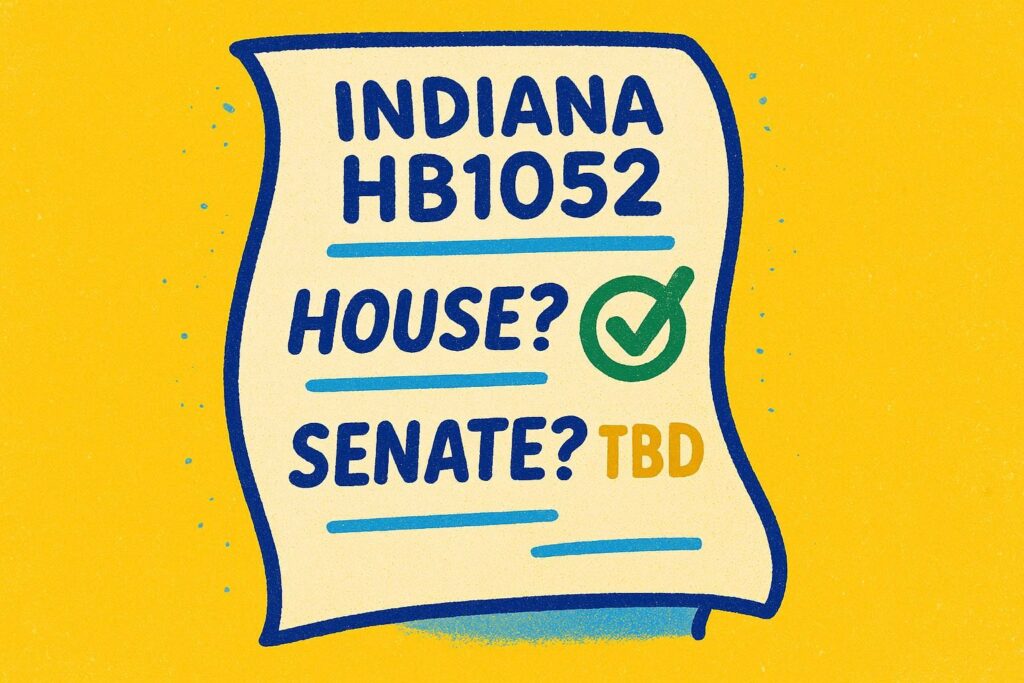In a hectic 2025 for the sweepstakes casino industry, which has seen several state-level prohibitions and countless market exits for sweeps operators, one notable site has just reopened its doors in two markets.
Spree, which launched in early 2024 and has become one of the more popular sweeps gaming options in the United States, removed Alabama and Georgia from its list of excluded states on Monday.
Before Monday, Spree’s excluded list stood at 15 jurisdictions, including Alabama and Georgia.
With their removal, Spree’s excluded list now contains the following 13 states:
- Connecticut
- Delaware
- Idaho
- Kentucky
- Louisiana
- Maryland
- Michigan
- Montana
- Nevada
- New Jersey
- New York
- Washington
- West Virginia
Why were Alabama and Georgia included in the first place?
While not as common as Louisiana and Maryland, Alabama is one of the states that doesn’t have a sweeps ban that you won’t be shocked to still find in an operator’s excluded list. The reason is straightforward: Alabama has become a hotbed of litigation against sweepstakes casinos.
To date, 18 separate lawsuits have been filed in Alabama. The defendants include some of the industry’s largest players, such as VGW (Chumba Casino, LuckyLand Slots, Global Poker), Stake.us, WOW Vegas, Blazesoft Limited (Fortune Coins, Yay Casino, Zula Casino, Sportzino), Modo.us, and A1 Development LLC (Funrize, TaoFortune, FunzCity, NoLimitCoins, Fortune Wheelz).
Even though these lawsuits are class actions are often don’t amount to much due to arbitration clauses jurisdictional issues, for companies taking a conservative approach, Alabama has been seen as a risky market where some operators — even those not listed in the lawsuits — shut out the state altogether to minimize exposure.
Some sweeps platforms that currently block Alabama access include:
- Sidepot
- Spinfinite
- Thrillzz
- Spinpals
- Stackr
- Vegas Coins
- Banana Bets
- Pulsz Casino
- Pulsz Bingo
- ClubWPT
Georgia has also seen legal action, though with a different outcome. In May 2024, a lawsuit was filed there against VGW. However, the U.S. District Court for the Northern District of Georgia later dismissed the case, finding that VGW lacked sufficient presence in the state to establish jurisdiction, even though its sweepstakes casinos remained accessible to Georgians.
Several sweepstakes platforms have nevertheless chosen to restrict Georgia, among them:
- Carnival Citi
- Thrillzz
- Sportzino
- ClubGG
- TheBoss Casino
- ClubWPT
- Stackr
Why relaunch in these states now?
It should be noted that Spree, the lone sweeps casino owned by Play Spree Ltd., is not the only operator to make this decision of late.
B-Two Operations sites, which include McLuck, Hello Millions, SpinBlitz, and PlayFame, also relaunched their platforms in Alabama and Georgia back in early August.
While only the operators themselves know the exact reasons for decisions like these, Spree unblocking access for players in Alabama and Georgia right now may ultimately be a numbers decision. And by numbers, we mean revenue.
The California Legislature just passed Assembly Bill 831, which bans sweeps casinos in the state and criminalizes any entities that “knowingly and willfully” support them. Gov. Gavin Newsom has a couple weeks to sign or give the bill pocket approval, and so far there doesn’t seem to be any legitimate buzz that he’ll veto the bill.
Losing California is a significant blow to the sweeps gaming industry. Per a recent analysis conducted by independent research firm Eilers & Krejcik Gaming, analysts estimate that California players generate 17.3% of nationwide revenue from sweeps casinos.
That’s one state accounting for just about 1/5 of the revenue pie.
Eilers & Krejcik analysts, in response to AB831 passing, modified their projections for sweeps revenue in 2025 — knocking it down from $4.7 billion to $4 billion in 2025 and then predicting a 10% decline in 2026 to $3.6 billion.
As a result, operators are likely sniffing out any additional revenue opportunities in the U.S.
Enter, Alabama and Georgia, which were on Spree’s excluded list but were maybe only on there out of an abundance of caution — an abundance that now could be taking the backseat to the company’s revenue goals in the U.S.
Georgia, for its part, is the eighth-most populated state in the country, so reopening doors in that state could theoretically lead to a meaningful difference in an operator’s bottom line.
September has been rough for sweeps
The passage of AB831 hasn’t been the only blow dealt to the sweeps industry this month.
On Aug. 28, California marked a watershed moment by launching a lawsuit in Los Angeles County Superior Court targeting Sweepsteaks Ltd., the parent company behind Stake.us, streaming platform Kick, and several high-profile game providers, among them:
- Big Time Gaming
- Evolution
- Hacksaw Gaming
- NetEnt
- No Limit City
- Pragmatic Play
- Red Tiger Gaming
The response from vendors has been immediate, with Pragmatic Play ending its relationship with sweeps casinos in the U.S., Playtech halting partnerships with sweeps casinos in California, 11 vendors leaving Stake.us in California, Skywind leaving WOW Vegas nationwide, and more.
Elsewhere, in Louisiana, a state that was already seen as unfriendly to sweeps thanks to its deluge of 42 cease-and-desist letters in June, the Louisiana Department of Revenue has now filed a lawsuit against VGW and MW Services Limited, the parent company of WOW Vegas, alleging the operators failed to pay $44 million in sales taxes, accrued interest and penalties.
So, California was the first state to take matters into their own hands and sue the operators directly. Louisiana quickly followed suit.









